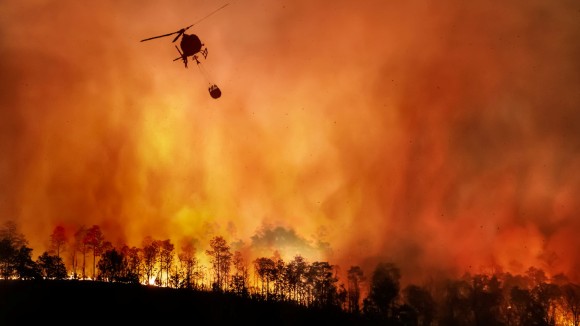Communications Earth & Environment is edited by both in-house professional editors and academic Editorial Board Members.
Nature Communications is edited by in-house professional editors.
Nature Geoscience is edited by in-house professional editors.
Scientific Reports is managed by in-house professional editors and edited by a team of external academic editors.
Our editors work closely together to ensure the quality of our published papers and consistency in author experience.
Guest Editor for Communications Earth & Environment

USDA Forest Service, USA
Dr Yongqiang Liu is a Research Meteorologist and Leader of Atmospheric Science Team at Center for Forest Disturbance Science, USDA Forest Service. He holds a Ph.D. in Atmospheric Dynamics from Institute of Atmospheric Physics, Chinese Academy of Sciences, Beijing, China. He conducted post-doctoral research on land-atmospheric interactions in Rutgers University, New Jersey, USA. Before joining US Forest Service, Dr. Liu conducted research on regional climate modeling in the National Center for Atmospheric Research, Boulder, Colorado and on the climate impact of atmospheric aerosol in Georgia Institute of Technology, Atlanta, Georgia. His current research is focused on ecosystem-climate interactions through conducting field measurement, data analysis, and numerical modeling to understand wildland fires and other forest disturbances, the environmental and human health impacts, and interactions with climate. He has been leading several US Forest Service wildfire smoke projects in recent years, including comprehensive fuel-fire-smoke-meteorology field campaigns and national fire and smoke assessments, and served as a leading author for a number of review and synthesis papers on wildfire, smoke, and climate change.

